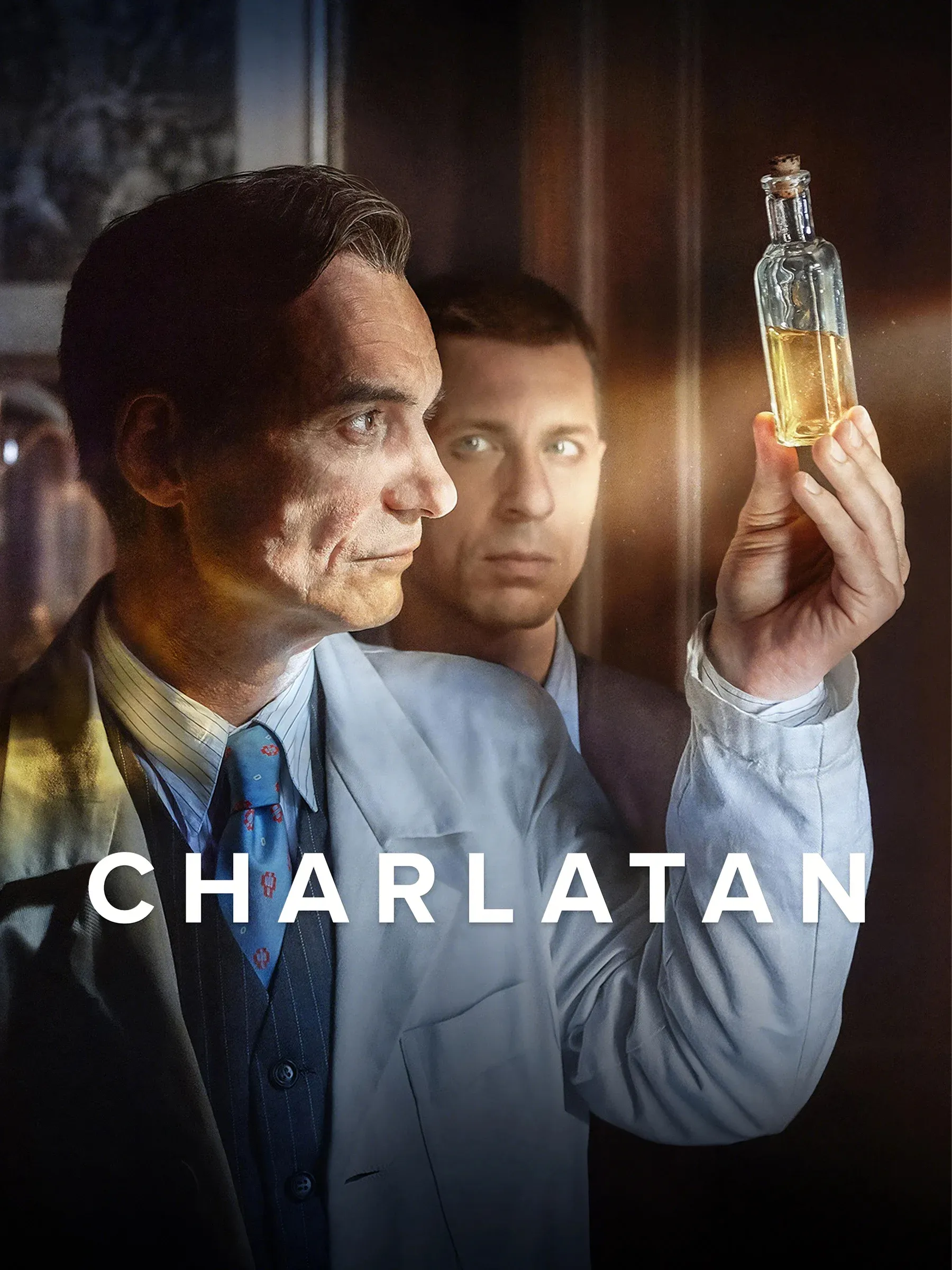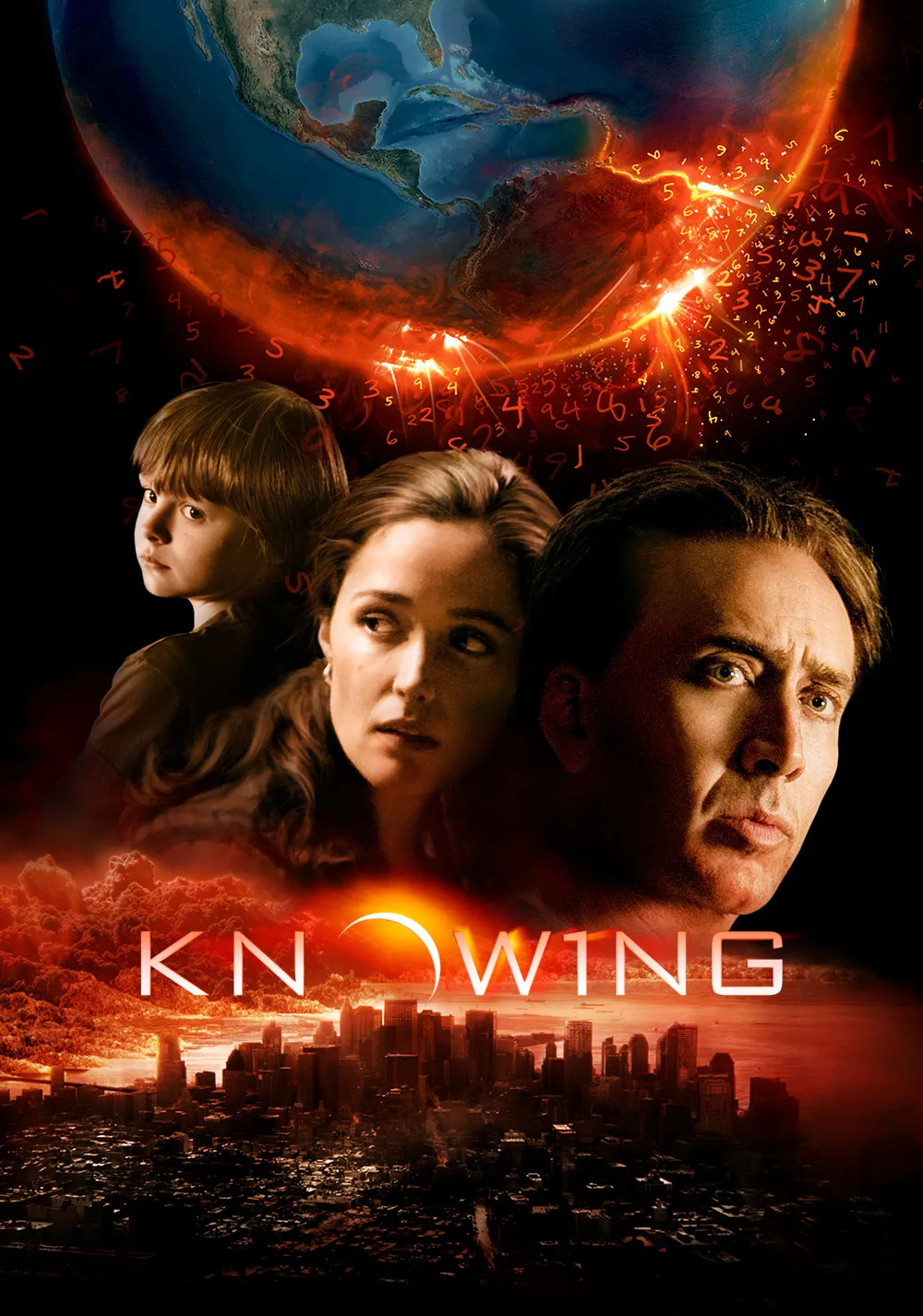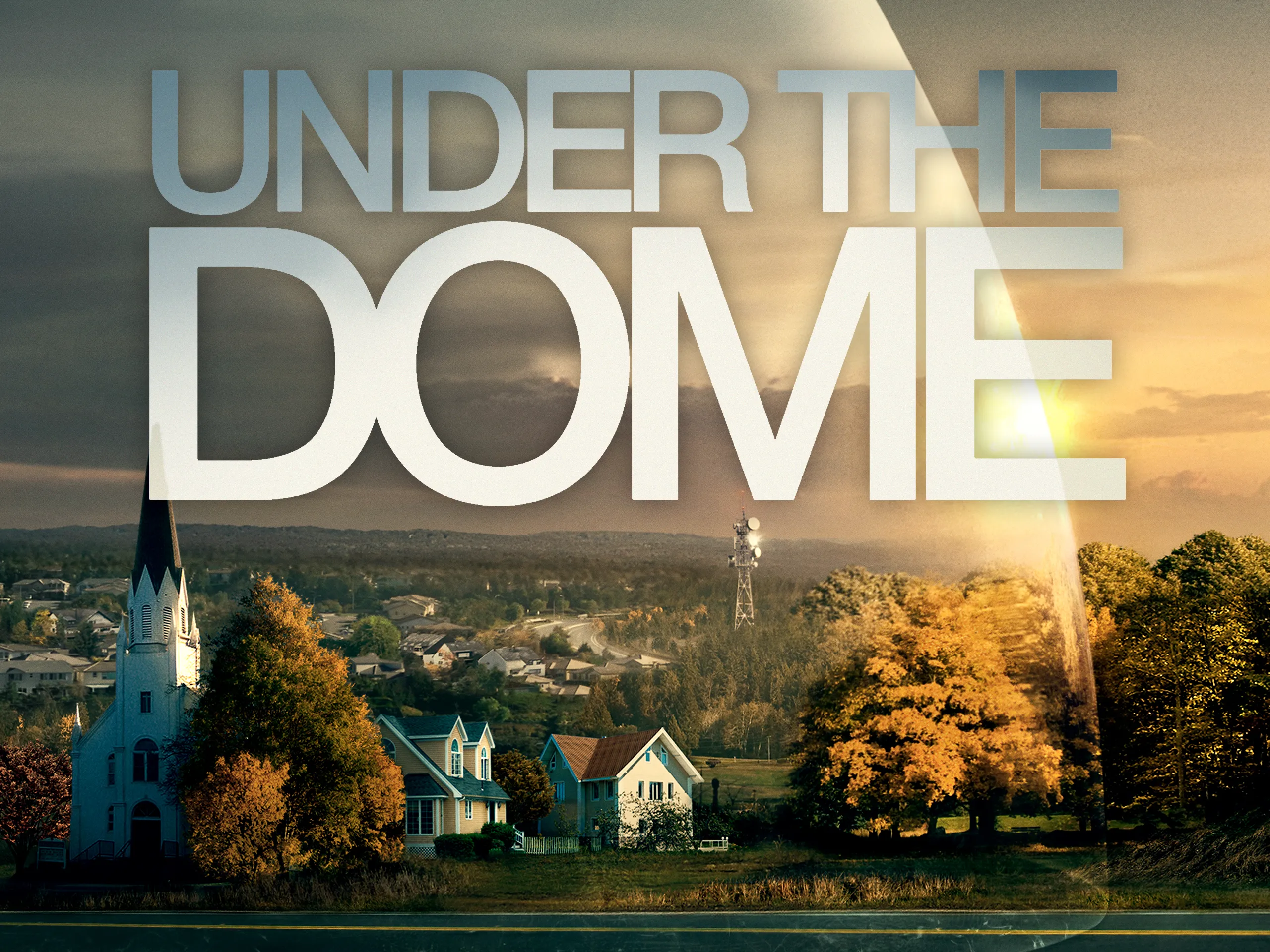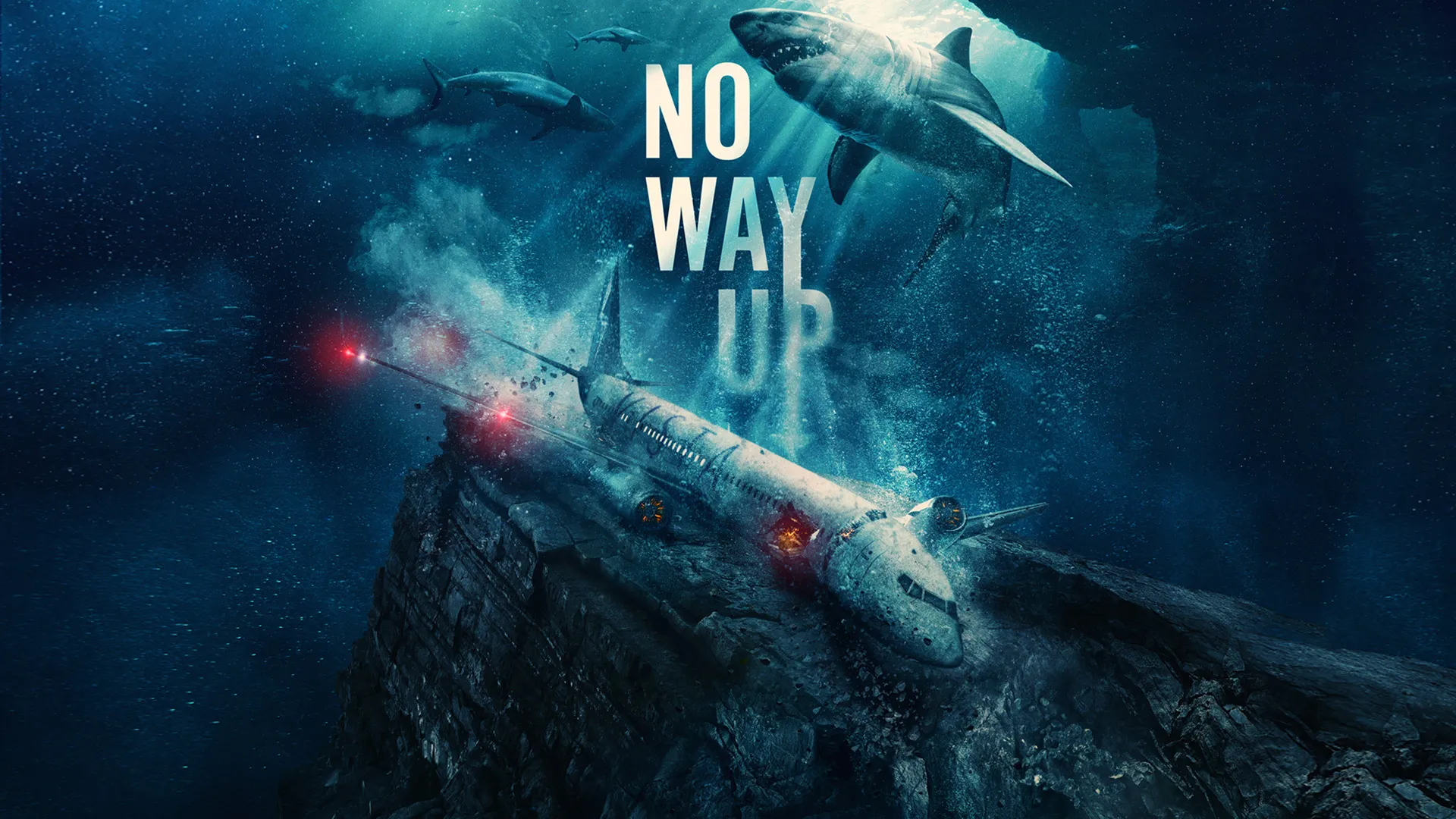Charlatan is a biographical historical drama directed by acclaimed filmmaker Agnieszka Holland. The film is inspired by the true story of Jan Mikolášek, a controversial Czech herbalist and faith healer who gained immense fame and influence during the mid-20th century due to his unorthodox medical methods. Despite his success in treating thousands of patients—including influential figures—his practices eventually led to political persecution and a dramatic downfall.
The film is a meditative character study, exploring themes of science vs. mysticism, personal integrity, political oppression, and forbidden love. Featuring a stunning dual performance by Ivan Trojan and Josef Trojan (who play the older and younger versions of Mikolášek, respectively), Charlatan is both a historical thriller and a tragic love story, brought to life through Holland’s masterful direction and evocative cinematography.

The film follows Jan Mikolášek, a man gifted with an extraordinary ability to diagnose illnesses through urine analysis. Using knowledge of herbal medicine, he is able to cure many ailments that conventional doctors fail to treat. His reputation grows, attracting patients from all walks of life, from poor farmers to Nazi and Communist officials.
However, his success comes at a cost. His treatment methods lack scientific validation, and his connections with powerful figures make him a target—especially after a regime change. As Czechoslovakia falls under Communist rule, Mikolášek is accused of fraud, and a politically motivated trial is set up to destroy him.

The film unfolds through a non-linear narrative, switching between his rise to fame and his harrowing trial in later years. Meanwhile, it also explores his deeply repressed romantic relationship with his assistant, František Palko. Their love, hidden due to the societal norms of the time, adds an additional layer of tragedy to Mikolášek’s story.
Themes & Symbolism
1. Science vs. Mysticism
Mikolášek operates outside conventional medicine, using ancient herbal remedies and intuitive diagnosis rather than scientific methods. The film never fully confirms whether his abilities were genuine or simply a case of a gifted man exploiting belief systems. His clash with modern medicine and government authorities underscores the eternal conflict between traditional healing and scientific progress.

2. Love and Secrecy
The hidden romance between Mikolášek and František is a major emotional core of the story. Their love, constrained by the social and political realities of mid-20th century Europe, mirrors Mikolášek’s own personal contradictions—a man who heals others yet struggles to embrace his own truth.
3. Power, Corruption, and Political Persecution
Mikolášek’s downfall is largely orchestrated by the Communist regime, which viewed him as a relic of the past and a threat to state-controlled medicine. His story reflects the broader reality of how totalitarian governments targeted nonconformists, silencing those who didn’t fit within their ideological framework.
4. Moral Ambiguity
Was Mikolášek a selfless healer or a cunning opportunist? The film refuses to provide a clear answer. Throughout his career, he treats both innocent patients and corrupt political leaders. His willingness to work with Nazis and later with Communists raises the question: Did he compromise his ethics for survival, or was he merely serving whoever needed him?




